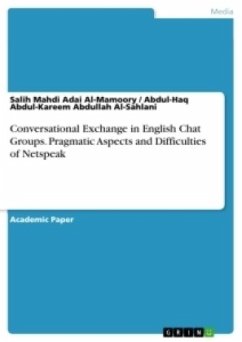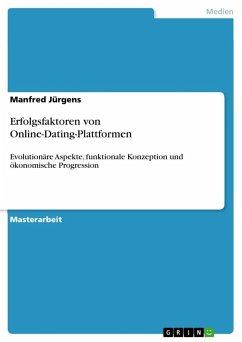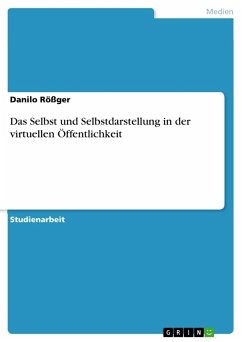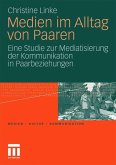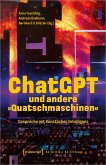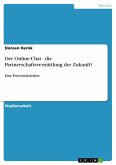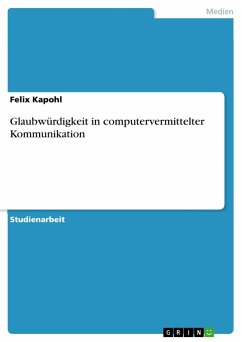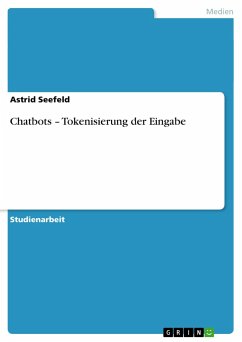Academic Paper from the year 2021 in the subject Communications - Multimedia, Internet, New Technologies, University of Babylon (College of Education for Human Sciences), course: Ph.D., language: English, abstract: As many linguists have investigated the normal type of conversation face to face conversation in terms of Grice's cooperative principle and its maxims,the present paper aims at giving a rigorous pragmatic account of conversational exchange in internet language of English chat groups. Netspeak and/or internet language can be viewed as a medium of expression combining the properties of spoken, written and electronic discourses.This paper focuses only on synchronous online conversations in English chat groups. It aims at finding out how the utterances in online communication are uttered by first speaker and responded by the next, in terms of cooperative principle with its maxims, turn-takings and adjacency pairs. As a result, the problem of this study might be formed in terms of the following questions: What are netspeak 'maxims', 'turn-takings' and 'adjacency pairs' in English? Are they violated in synchronous conversations? In order to achieve the aims of this paper and test its hypothesis, Crystal's (2006) Language and the Internet, and Crystal's (2011) Internet Linguistics will be adopted in this study.Having the hypotheses in hand, this study firstly hypothesizes that Internet Language (henceforth IL) with its maxims, turns and adjacency pairs, are violated in synchronous daily-life conversations. Secondly, an internet utterance does not obey a set of conversational principles- that is all participants are speaking at once which makes the interaction difficult to be followed. In order to achieve the aims of this paper and test its hypothesis, Crystal's (2006) Language and the Internet, and Crystal's (2011) Internet Linguistics will be adopted in this study.
Hinweis: Dieser Artikel kann nur an eine deutsche Lieferadresse ausgeliefert werden.
Hinweis: Dieser Artikel kann nur an eine deutsche Lieferadresse ausgeliefert werden.

